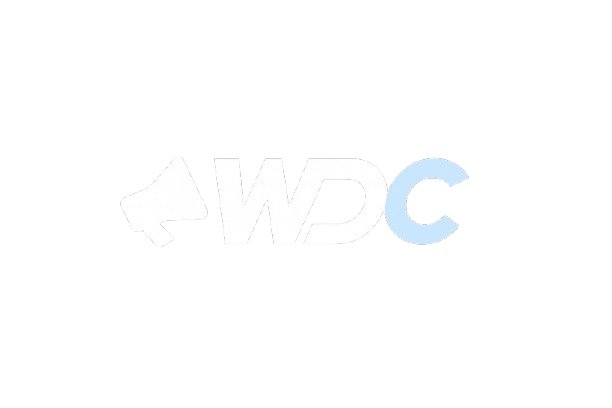The year 2026 marks a turning point for marketing agencies worldwide. With AI adoption maturing, consumer expectations skyrocketing, and automation tools reshaping workflows, the definition of a “successful” agency is shifting. Gone are the days when success was measured solely by creativity and ad spend. In 2026, it’s about speed, personalization, measurable ROI, and ethical AI integration.
At WDC, we’ve seen the transformation firsthand and understand the key trends driving this change.
1. AI Becomes the Default, Not the Differentiator
By 2026, artificial intelligence is no longer an optional enhancement—it’s the backbone of marketing operations. Agencies that once boasted about “AI-powered campaigns” now realize it’s the bare minimum.
- Predictive analytics are guiding real-time decision-making.
- Content generation is instantaneous across multiple formats.
- Personalization engines adapt marketing messages mid-campaign based on audience reactions.
WDC’s approach: We’ve built AI-first workflows where human creativity works alongside machine efficiency, ensuring campaigns remain innovative and brand-specific.
2. Personalization at a Micro Level
Mass marketing is officially over in 2026. Agencies are now expected to tailor messages for each customer, not just broad audience segments.
- Behavior tracking identifies user intent within minutes of interaction.
- Dynamic content delivery adapts emails, ads, and landing pages on the fly.
WDC’s edge: We leverage AI to map out customer journeys for each individual, ensuring every touchpoint feels personal.
3. Outcome-Based Pricing Models
The traditional retainer model is fading. Clients now prefer performance-based agreements, where agencies are rewarded for results rather than hours worked.
- Conversion rates, lead quality, and revenue growth are the new KPIs.
- Transparency in campaign performance is non-negotiable.
WDC’s commitment: We align our success with our clients’—if they win, we win.
4. Multi-Channel Mastery
By 2026, consumers are engaging across a fragmented landscape: social platforms, niche communities, messaging apps, and immersive virtual environments. Agencies must maintain consistent brand voice everywhere.
WDC strategy: We run integrated campaigns that unify messaging across channels—ensuring brand consistency without losing platform-specific engagement.
5. Ethics as a Selling Point
Data privacy laws, AI bias concerns, and content authenticity are now deal breakers for many clients. Agencies must prove responsible AI use and ethical marketing practices.
WDC promise: Our AI governance ensures fairness, transparency, and compliance with global data protection regulations.
6. Speed is the New Creativity
In 2026, creative brilliance still matters—but speed to market often wins the deal. Agencies that can test, pivot, and relaunch campaigns in days—not weeks—will dominate.
WDC workflow: Our hybrid human-AI teams reduce campaign build times by up to 70%, giving clients a competitive advantage.
7. Agencies Become Advisors, Not Just Vendors
Clients in 2026 expect strategic guidance, not just execution. Agencies must offer consulting-level insights, helping businesses adapt to a fast-changing market.
WDC’s role: We train client teams to understand AI-driven marketing, making them partners in the creative process.
Conclusion
2026 is redefining what success means for marketing agencies. It’s not just about having AI—it’s about using it strategically, ethically, and creatively. At WDC, we’re not just adapting to the change—we’re driving it.
FAQs
1. What makes a marketing agency successful in 2026?
Success is now defined by speed, personalization, ROI-driven results, ethical practices, and the ability to adapt quickly to market changes.
2. How has AI changed agency workflows?
AI handles repetitive tasks—like data analysis and initial content drafts—freeing human teams to focus on strategy and creative innovation.
3. Will traditional creative skills still matter?
Absolutely. While AI handles efficiency, human creativity ensures emotional resonance and brand authenticity.
4. Why is personalization so critical now?
Because consumers expect brands to “know” them. Generic messaging risks losing customer trust and attention.
5. How does WDC stay ahead in 2026?
We combine AI efficiency with human insight, deliver rapid execution, and maintain transparent, performance-based client relationships.

